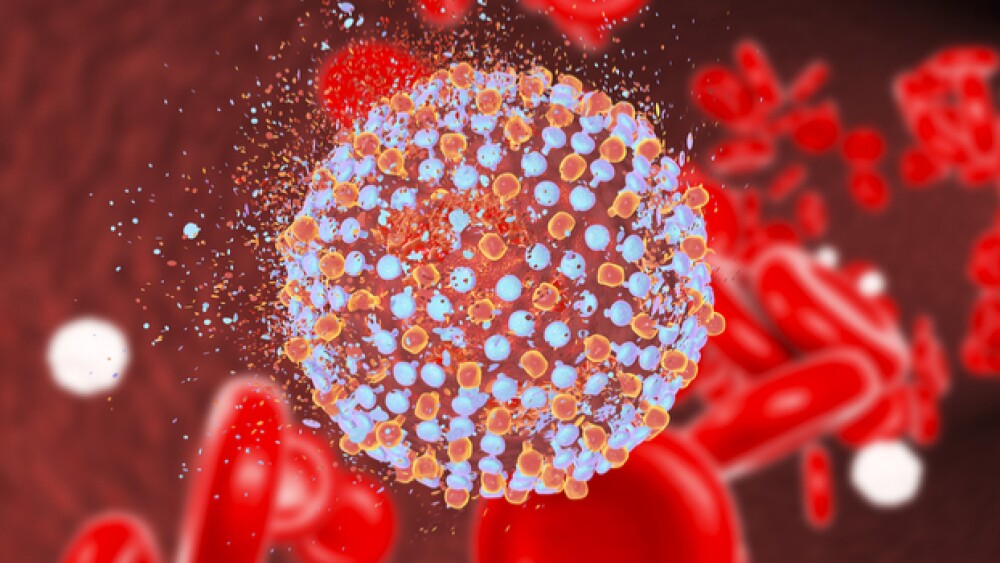NHS England will acquire hepatitis C drugs from the companies at competitive prices and work to identify patients around the country.
With a goal of eradicating hepatitis C, NHS England, which leads the National Health Service (NHS) in England, has teamed up Gilead Sciences, Merck & Company, and AbbVie. NHS England will acquire hepatitis C drugs from the companies at competitive prices and work to identify patients around the country.
NHS England notes that in England, more than 30,000 people have benefited from new hepatitis C drugs over the last few years, which has caused the death rate from hepatitis C-related liver diseases to drop by more than 16% between 2015 and 2017. This has also had positive cost savings from a decrease in liver transplants for hepatitis C patients, a drop of almost 40% in 2017 compared to 2015.
The program for hepatitis C is part of the NHS Long Term Plan, which will focus on addressing concerns over funding, staffing, and increasing inequalities and pressures from an aging population. The first step is to improve funding for the NHS, averaging 3.4% each year over the next five years, compared to the 2% increase the last five years; an identification of the changes needed based on meetings with the public and various organizations representing 3.5 million people; and taking the momentum created by the NHS Five Year Forward View and ensuring that it continues.
Gilead indicated that the NHS England had awarded it “gold status” for hepatitis C drug procurement, which Gilead stated meant the company “provided the best value to the NHS both in terms of the price of their products as well as commitment and proven ability to support patient-finding.”
The NHS indicates that the contract with the companies will be worth almost 1 billion pounds. AbbVie sued NHS England over its procurement plans, but in January a judge threw out the case. NHS indicates that the lawsuit delayed the plan’s implementation by six months.
In a statement, Gilead’s UK and Ireland general manager Hilary Hutton-Squire said the company is “delighted to partner with NHS England. This will allow us to continue to play a critical role, together with our partners, in delivering patient-finding support programs.”
The Washington State Health Care Authority has struck a similar pact with AbbVie to supply hepatitis C drugs under a subscription-based payment model. This was announced on April 26. Under the terms of that deal, Washington State will pay a fixed dollar amount for an unlimited supply of hepatitis C drugs. It is part of the state’s goal of eliminating hepatitis C by 2030.
In March, Louisiana made a similar deal with Gilead. Both state’s plans will begin this summer.
NHS England founded 22 Operational Delivery Networks (ODNs) in 2015 to support treatment and testing across the country. To date, about 32,000 patients have received treatment for hepatitis C with around 95% declared cured. The World Health Organization has a goal of eliminating the disease worldwide by 2030, but NHS England hopes to achieve that goal in England by 2025.
NHS has landed what it is calling “smart deals,” to drive more healthcare value. One of those deals created 300 million pounds in savings after negotiating with five manufacturers on low-cost versions of its most expensive drug, AbbVie’s Humira (adalimumab). It also created a full access deal in Europe for CAR-T therapies, and a deal with Merck for lung cancer drug Keytruda (pembrolizumab).
In describing its Long Term Plan, NHS England stated, “The NHS and our partners will be moving to create Integrated Care Systems (ICS) everywhere by April 2021, building on the progress already made. ICSs bring together local organizations in a pragmatic and practical way to deliver the ‘triple integration’ of primary and specialist care, physical and mental health services, and health with social care.”





